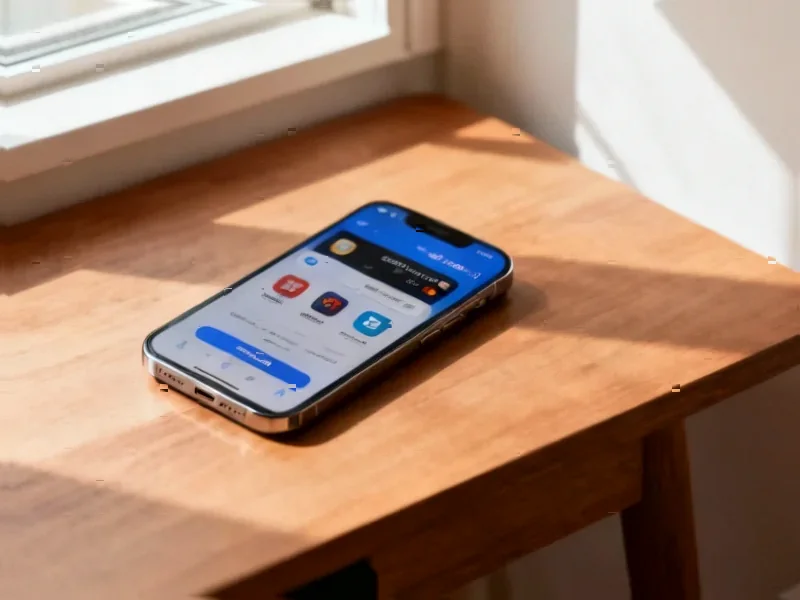According to TechSpot, Google and Epic Games have reached a settlement that ends their four-year legal battle dating back to 2020. The deal follows Epic’s 2023 jury victory that found Google maintained an illegal monopoly and a 2024 injunction forcing changes. Under the settlement, Google will launch a “Registered App Store” program allowing one-click installation of third-party stores without security warnings. Developers can implement alternative payment systems with fees potentially dropping to as low as 9% compared to the traditional 15-30% range. The terms will remain in effect globally until June 2032, making this one of the longest-running antitrust remedies ever imposed on a major tech platform.
The Android ecosystem just got interesting
This settlement basically rewrites the rules for Android app distribution for the next eight years. And honestly, it’s hard to overstate how significant this is. We’re talking about a complete transformation from Google‘s walled garden to something much more open and competitive.
Here’s the thing: third-party app stores will now be treated as “first-class citizens” within Android. They can handle their own app listings, updates, and payment systems. Phone manufacturers can preinstall these alternative stores without losing Android certification. Imagine buying a phone that comes with multiple app marketplaces right out of the box – that’s the future we’re looking at.
A potential game-changer for developers
For developers, this could be huge. The option to use alternative billing systems with fees potentially dropping to single digits? That’s massive when you consider Google’s traditional 15-30% cut. Suddenly, developers have real leverage and choice.
But here’s the question: will users actually embrace these alternative stores? Google spent years conditioning Android users to fear sideloading with security warnings. Now they have to present these options in “neutral language.” It’s a complete 180-degree turn from their previous strategy.
The long game until 2032
What’s really striking is the timeline – this settlement runs until June 2032. That’s an eternity in tech years. Google basically has to maintain this open ecosystem through multiple Android versions and hardware generations. No more exclusivity deals that favor the Play Store either – those are explicitly prohibited.
Epic CEO Tim Sweeney called the outcome “awesome,” and honestly, he’s probably right. This gives his company and others a real shot at building viable alternatives to the Play Store. But the real winners might be smaller developers who can now potentially keep more of their revenue.
The Android landscape we’ve known for over a decade is about to change dramatically. And honestly? It’s about time. Competition usually benefits everyone – developers get more options, consumers get more choice, and Google has to actually compete rather than just control the playing field.




